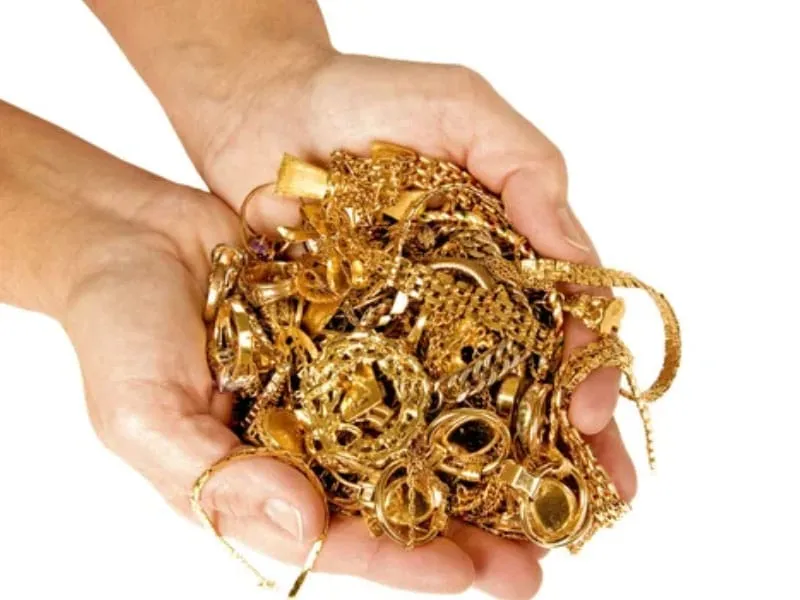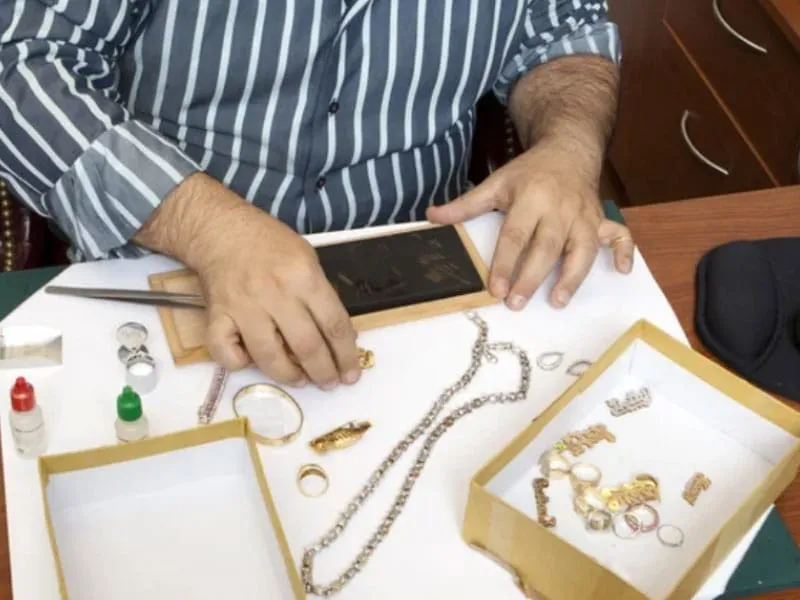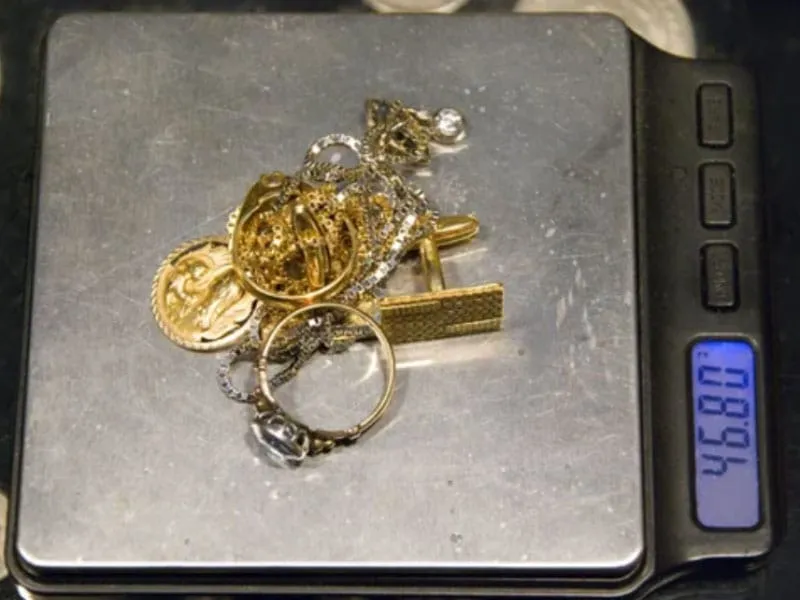
How to Get the Best Price for Selling Gold
Are you worried about not getting the best price for your gold?
Selling gold can feel overwhelming, especially if you’re not sure how to start or who to trust.
You might be concerned about being underpaid or falling into a trap with dishonest buyers.
We get it, and that’s why we’ve put together some straightforward, easy-to-follow steps just for you.
In this guide, we’ll show you how to confidently navigate the world of gold selling.
From understanding the true value of your gold to finding the right buyer, we’ve got your back.
You’ll learn how to make smart choices, avoid common pitfalls, and ensure you’re getting the fairest deal possible.
Understand Gold Value
Before selling your gold, familiarize yourself with its worth.
This includes knowing the weight in grams (gold is typically sold per gram), purity (measured in karats with 24 being pure gold), and current market value of gold.
Get an Appraisal
For jewelry or other intricately designed pieces, consider getting a professional appraisal to understand their full potential value beyond just the raw material cost.
Please note that there are many different types of appraisals.
For example, there is a cost associated with a jewelry insurance appraisal, which dictates a retail replacement value rather than a liquidation value.
There is no need to pay for an appraisal on any piece that you are considering selling.
A complimentary evaluation and verbal appraisal is all that is needed to determine the value.

Compare Offers from Different Buyers
Don’t settle for the first offer that comes along—be sure to shop around at different jewelers, pawn shops, online buyers etc., comparing prices before making a decision.
Check Buyer Reputation
It’s crucial to deal only with reputable buyers who have positive reviews and are transparent about their pricing process; ideally they should be members of professional trade associations which hold them accountable for ethical business practices.
Timing Matters
The price of precious metals like gold fluctuates due daily based upon international markets; if possible try selling when demand is high – usually during times of economic uncertainty.
No Pressure
Never let anyone pressure into immediate sale. Take time needed make informed decision about whether sell now later wait until feel comfortable terms agreed upon.
Condition of the Gold
The condition of your gold can impact its price significantly—especially if it’s antique or vintage jewelry which may have collectible value beyond just the intrinsic metal worth.
Make sure to clean and restore items before getting them appraised; this could increase their aesthetic appeal thereby potentially fetching higher prices.
Gold Type
Be aware that different types of gold command varying rates in market – yellow, white, rose all have distinct properties impacting final resale value also whether bullion (bars coins) will be priced differently compared to scrap broken pieces.
Sell in Bulk
Selling multiple pieces at once can often lead better deals buyers are typically willing pay more larger lots because reduces overhead costs associated processing individual transactions making appealing bulk sellers.
Educate Yourself About Scales
Jewelers who buy gold use troy ounce system weighing precious metals understanding these units of measure beforehand help avoid misunderstandings during sales process ultimately helping get best possible price offering.

Conclusion
When armed with comprehensive knowledge, understanding the nuances involved with selling gold, you can position yourself to be a strong negotiator adeptly navigating through the potential pitfalls common novice sellers encounter.
Remember, the key to getting the best price for your gold lies in understanding its true value.
This means knowing the weight, purity, and the current market price of gold.
Don’t rush; take your time to get your gold appraised, especially if it’s jewelry or unique pieces.
This step is crucial in understanding the full potential value of your items.
Shopping around and comparing offers from various buyers, such as jewelers, pawn shops, and online platforms, is a smart move. It’s important to check the reputation of these buyers too.
Look for those with positive reviews and transparent pricing processes. Remember, reputable buyers are often members of professional trade associations, ensuring ethical business practices.
Timing is another critical factor.
The gold market fluctuates, so aim to sell when the demand is high, often during economic uncertainties.
Don’t feel pressured to sell immediately.
Take the time you need to make an informed decision.
Negotiation is part of the process, so don’t hesitate to discuss the price if an offer seems too low.
Finally, consider the condition and type of your gold.
Clean and restore your items to enhance their appeal and potentially increase their value.
By educating yourself about these aspects and approaching the sale with confidence and knowledge, you’re setting yourself up for the best possible outcome. This will help you understand the answers to common questions about selling gold that many people have.




